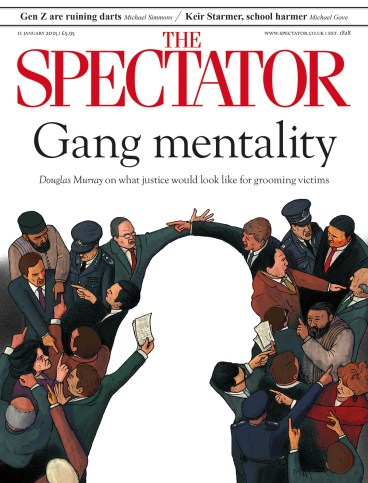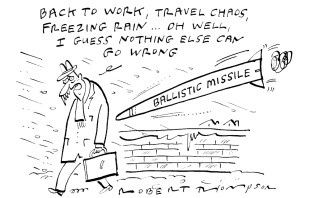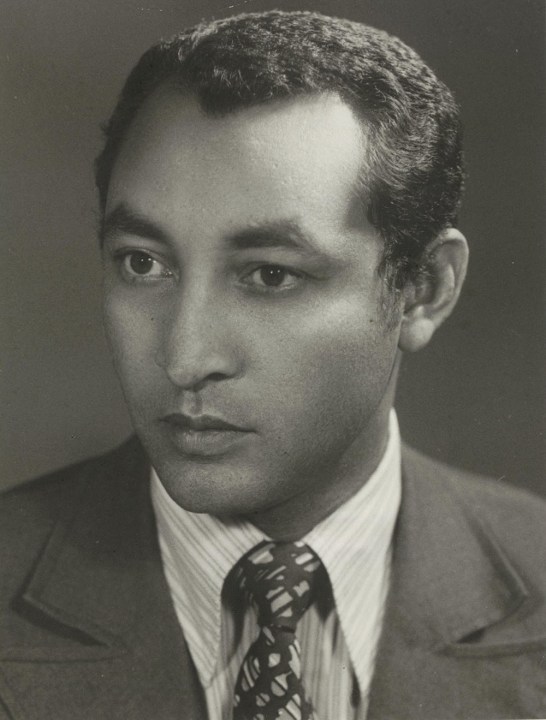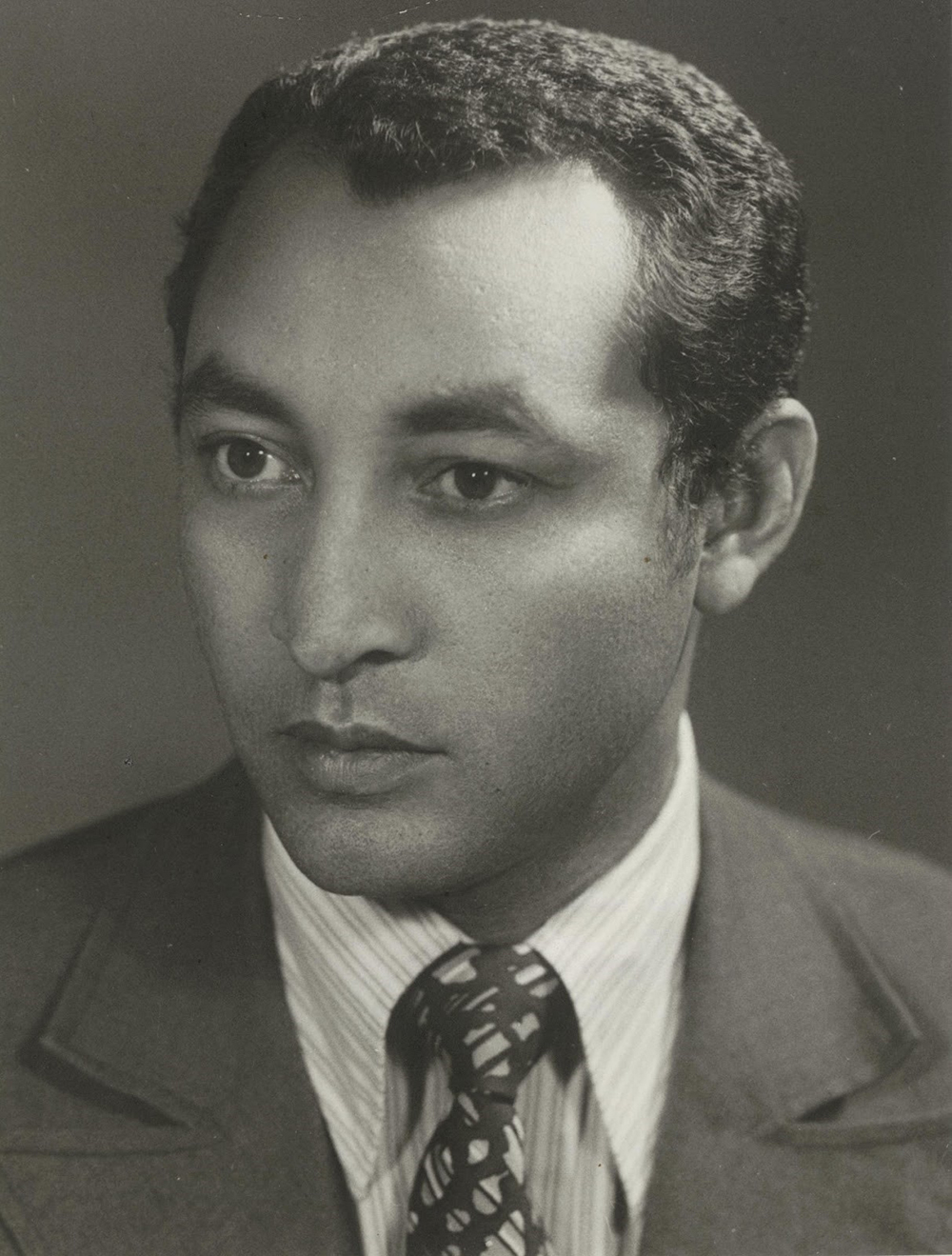
‘We don’t want a James Bond adventure here,’ warns a jumpy spymaster as he grapples with an anti-state conspiracy in Oromay. Among other strands, that’s precisely what this fabled Ethiopian novel of 1983 delivers. Which is remarkable, given that Baalu Girma’s semi-autobiographical thriller of rebellion and repression, love and war, has been translated from Amharic. The ancient Semitic tongue of Ethiopia served as that nation’s official language long before English came to rule at court, and in courts.
Girma was both a journalist and a novelist, educated in the US and an editor of English-language magazines in Addis Ababa. He evidently relished the various genres adroitly mined in Oromay. They range from clandestine Le Carré-style intrigue and steamy Fleming-esque trysts to scenes from a battlefield ‘hellscape’ that nod to Hemingway and the newly minted literature of America’s Vietnam trauma. Such familiar signposts, along with an idiomatic reader-friendly translation by David DeGusta and Mesfin Felleke Yirgu, make the novel a fast, fluent and often gripping read. Yet its back-story is more lurid than its plot.
After the overthrow of Emperor Haile Selassie in 1974, Girma became a senior propagandist for the revolutionary Marxist-Leninist junta of the Derg and its leader Mengistu. Oromay fictionalises his actual experiences in 1981-82, when the Red Star Campaign swooped down on insurgent Eritrea to crush its ‘secessionist’ revolt not just by military might but a hearts-and-minds strategy conducted through TV, radio and print: ‘Our battlefield is the human psyche.’ Red Star soon flopped. The Eritrean rebels of the EPLF – here called the Shabia – continued to advance. In 1988, they would vanquish the Soviet-backed Ethiopian army at Afabet: a victory that Basil Davidson, the great historian of Africa, embedded in the rebel lines, deemed the most momentous Third World battle since the French rout at Dien Bien Phu. Eritrea won its statehood in 1993.

Girma published Oromay in 1983. It was banned within 24 hours, but not before enough copies had sold to ensure that photocopies circulated widely. The Derg soon exacted revenge for their servant’s indiscretions. On Valentine’s Day 1984, Girma disappeared, presumably killed by the regime.
However, much of Oromay does not read as a whistleblowing exposé of a movement corrupted by cruelty and ambition. The TV journalist Tsegaye Hailemaryam, who narrates most sections, clings hard to his idealistic fervour. Even so, posted to the Eritrean city of Asmara and nearby highland killing-fields of ‘scorched rock and scalded sand’, he witnesses cynicism, deceit and brutality take root among his comrades. The novel’s stance seems to reflect a torn mind. It offers sympathetic sketches of overworked spy chiefs or hard-bitten military commanders, while Tsegaye glimpses a revolution that has decayed into a scam for ‘undeserved advancement’.
We glimpse a revolution that has decayed into a scam for ‘undeserved advancement’
Despite its perils and terrors, Oromay manages to entertain with a generous measure of twists, reversals and reveals. Romance arrives in the slinky form of Fiammetta Gilay, a ‘northern beauty’ steeped in the Italianate dolce vita of Asmara and the Red Sea coast, with its palm trees, smart cafés, fun-loving belles and equally appetising cuisine: ‘Work by day, pasta by night!’ Fiammetta will surprise Tsegaye as he struggles to discover how far the insurgents have infiltrated state bodies, even the Red Star project itself. Eritreans, one spook thinks, ‘have hearts like crooked roads, hard to follow’.
After the pointless carnage – searingly described – of a battle for control of an arid peak, Tsegaye still scolds the insurgents and insists: ‘Violence is only ended through violence.’ Did Girma truly believe that his narrator’s ostensible loyalism would safeguard him from censorship and retaliation? Or does Oromay track the zigzagging doubts of a zealot confronted with proof of his revolution’s slide into ‘mass injustice, mass incarceration and mass murder’?
Girma’s mixed motives mattered little to the Derg. The novel became his death-warrant. As for Chairman Mengistu, whose victims probably number more than one million, he still lives comfortably in exile in Zimbabwe. ‘Oromay’ – which roughly means end of, finished, basta – has not yet caught up with him.








Comments